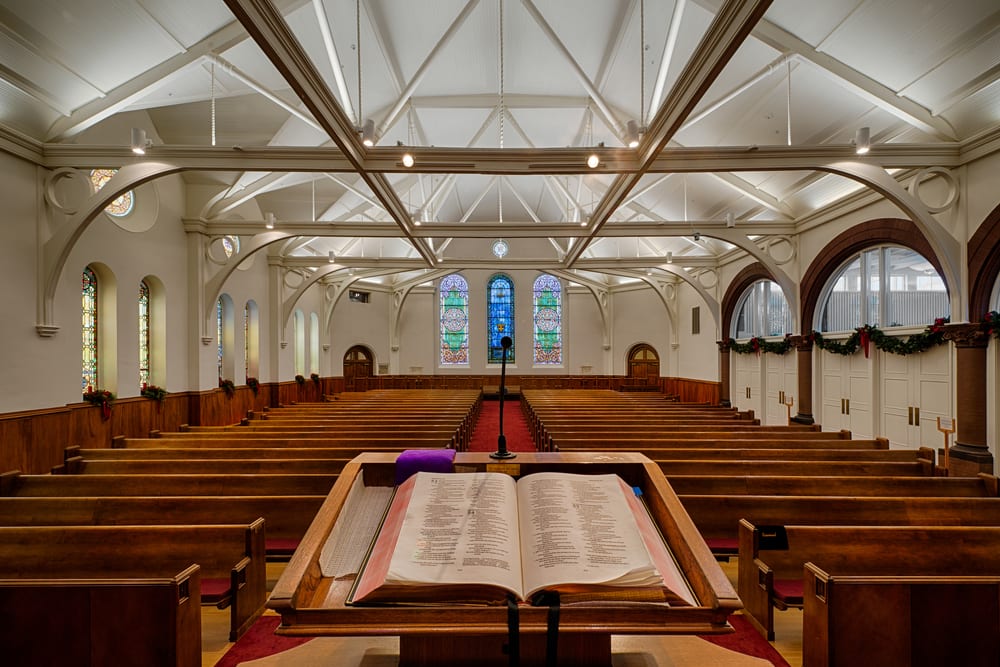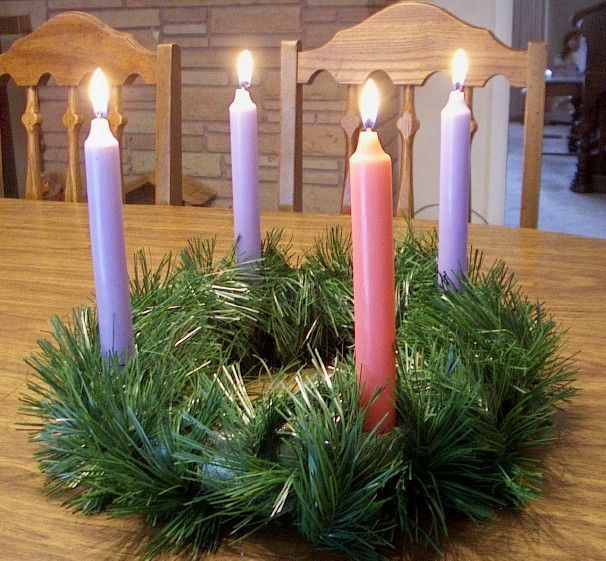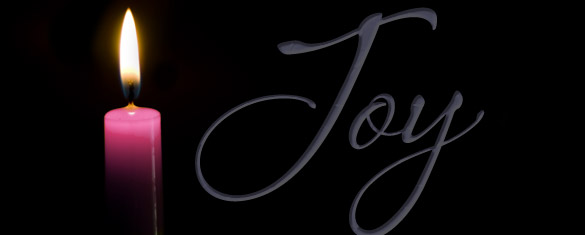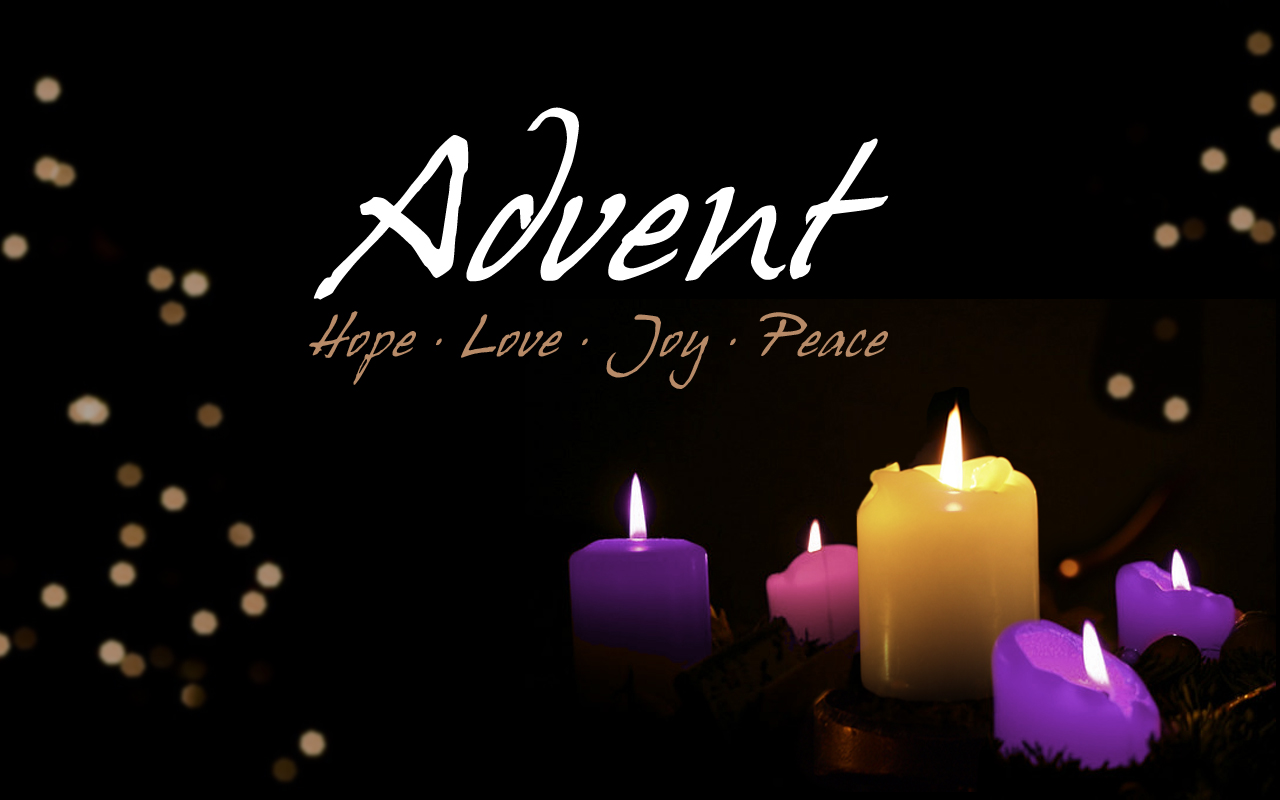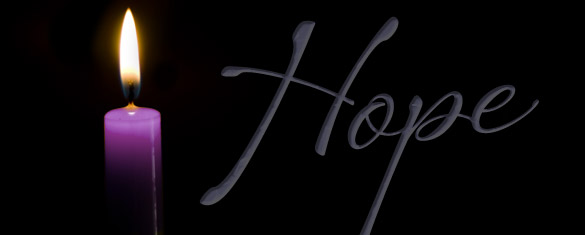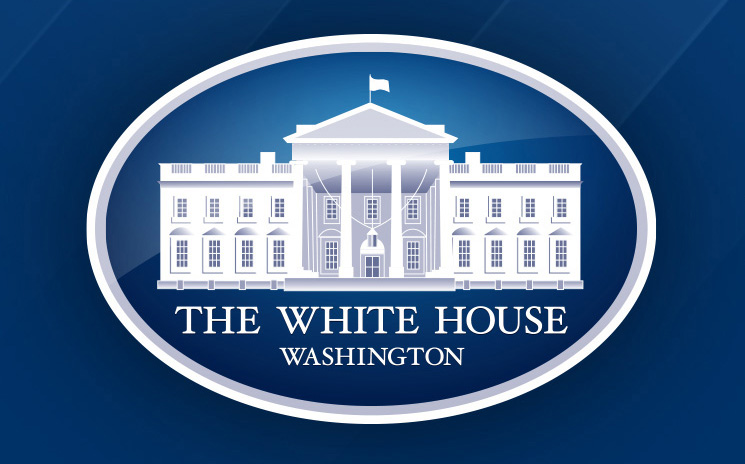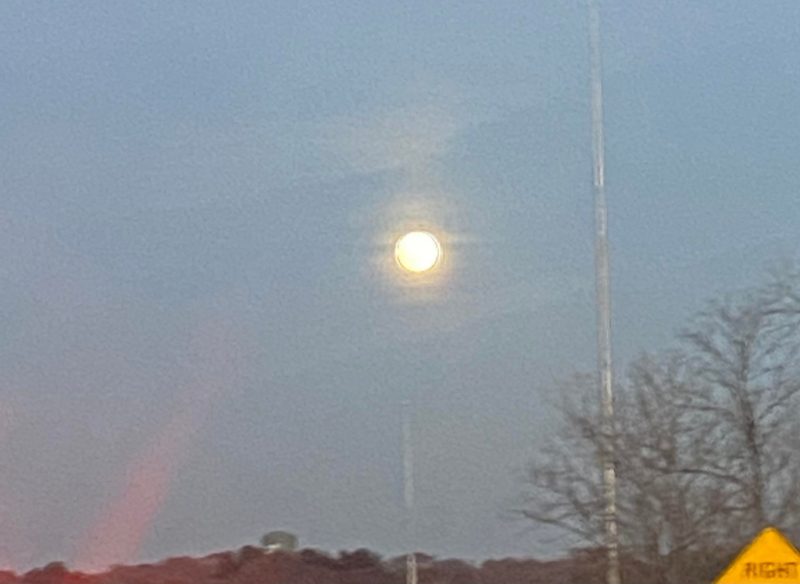John 1:1-14
The scene has been set, although we cannot tell if it is day or night, winter, or spring but none of that matters. A couple has been walking for days and has finally reached their destination. They have come for the count, ordered by the state. When they arrive, they find there is no room. Perhaps they are staying with family, and more of them arrived than previously thought. Maybe they know no one, so they are knocking on doors looking for a place to stay. The time is coming close, and the woman is about to give birth.
They happen upon a humble cave, or so the story goes, when in actuality, we do not know, nor does it matter. What matters is they found a place and have settled in; it won’t be long now. The baby is born, it is her first, and they wrapped him in bands of cloth and placed him in the only space available, the place where the animals eat their food.
The origins of this little one are strange, to say the least, and they are about to get stranger as shepherds and others start to arrive to see this newborn baby. They come from far and near with the most amazing stories of how they heard about the arrival of this little one. They bring what they have, but most of them just bring themselves. They kneel and pray and thank God for this miracle, for as St. John has put it in his Gospel that we heard this morning, the Word has become flesh and now dwells among us.
This is the heart and essence of the Christmas story; God poured God’s own self into human form. The eternal Word of God – God’s proactive agent in all of creation, even life itself, in a paradoxical condescension took form as a baby of the humblest origins.
But there are questions many questions.
The answers lie back at the very start of creation itself, for, in the beginning, the Word was with God. The Word was present at the moment of the creation of all and is now physically present at the new creation. The Word is the eternal Son of God; the fact that John wrote that the Word WAS with God indicates that the Word has no beginning and is not created. But John says that the Word was WITH God. The Word is a distinct person from the Creator, but they are in eternal Communion together.
But there is more to the story.
Back “in the beginning,” when everything was being created, the Creator took the dust from the ground and, with the Creator’s own hands, fashioned humanity in the very image and likeness of the Creator. God then breathed the breath of life into this new creation’s nostrils and animated humanity. Of all other living beings, humanity is the only one fashioned by the hands of the Creator and animated with the Creator’s breath.
We read on to see that the Creator then places humanity in a garden, paradise where humanity has everything it will need. However, the Creator also gives this creation something else, free will. Humanity has the freedom to choose, and humanity exercises that freedom which places it outside of paradise and separated from the Creator. Humanity mourns the loss of this intimate relationship with its Creator and longs for the days when they will be reunited.
As Christians, we emphasize the resurrection story, and rightly so. There is much to be celebrated for Jesus once and for all overcomes death. No longer are we just to die, but we will have life everlasting with the Creator and all of those we love. But the resurrection of Jesus was not the incident that repaired the relationship. God did not send Jesus, the Eternal Word of God, to be sacrificed on the cross, the symbol of the state’s power. No, God sent Jesus to walk with creation again and provide the way of eternal life. The strained relationship between God and humanity was not repaired by some horrific, bloody sacrifice but by the birth of a tiny baby, born of the humblest of means to an unwed mother in the poorest of the poorest land. God chose that moment and that place to restore the relationship.
Sometimes it is hard to grasp this concept that God loved creation to such an extent that God willingly took on the form of creation to come and show humanity the new way, the way of love. This was a revolutionary idea, so revolutionary was this idea of love and equality, that humanity rebelled again and killed the Creator. So revolutionary was this idea of love that humanity was willing to kill, kill the very essence of that love.
Jesus was not crucified to fulfill some long-ago debit meted out by a vengeful blood-thirsty God; no Jesus was killed by an establishment that was so afraid of losing its power and influence that it had to resort to violence and coercion to stay in power and relevance.
God charted a much different course for humanity and came to show us this new way. We are to love and care for all of humanity. In the birth of this baby, we are reminded that all of humanity is created in the image and likeness of God and that divine spark is the reason for this love and care that we are to show to one another.
The miracle of the birth of Jesus is that it transcends and race or nationality, and no one group can claim ownership of the Creator, for the Creator of all belongs to all regardless of the station of their birth. The Good News of the love of God is now available to all irrespective of the ability of one to pay for it.
The story of Christmas, the real story of Christmas, is about love, for all of humanity and for all of creation.
Christmastide has now entered the 9th day. Many of us have probably taken the decorations down and packed them away for another year, and stores have moved on the next holiday on the list. But the Spirit and message of Christmas cannot be contained to only 12 days, the Spirit and message of Christmas transcend time, and it is up to us to make sure that message of love continues.
In a few moments, we will metaphorically gather around this table where Jesus will become present to us in the gifts of bread and wine. We will ask the Holy Spirit to come upon these gifts and all of us to sanctify and make them and us Holy. We will share from the common loaf and common cup this union of Creator and creation. We do not determine who is worthy to come, for none of us are worthy of our own doing but only by the grace of God poured out can we become worthy.
We do not use this Sacrament of love as a means of separation or reward but as a balm that heals the soul and brings us closer together. If we take nothing else away from this Christmas season, take away the knowledge, the true knowledge that God loves each of us just the way we are and wants us to make sure others know that they are loved just the way they are.
The heart and essence of Christmas is love, the heart and essence of the Gospel is love, the heart and essence of our spiritual life is love, love of God, and love of everyone.
Amen.

